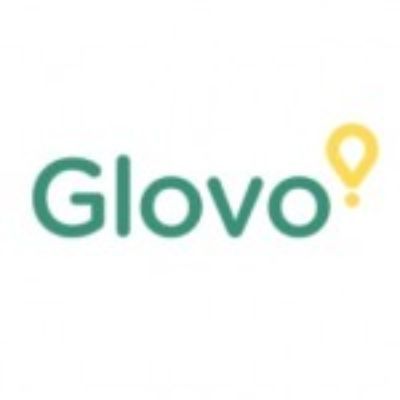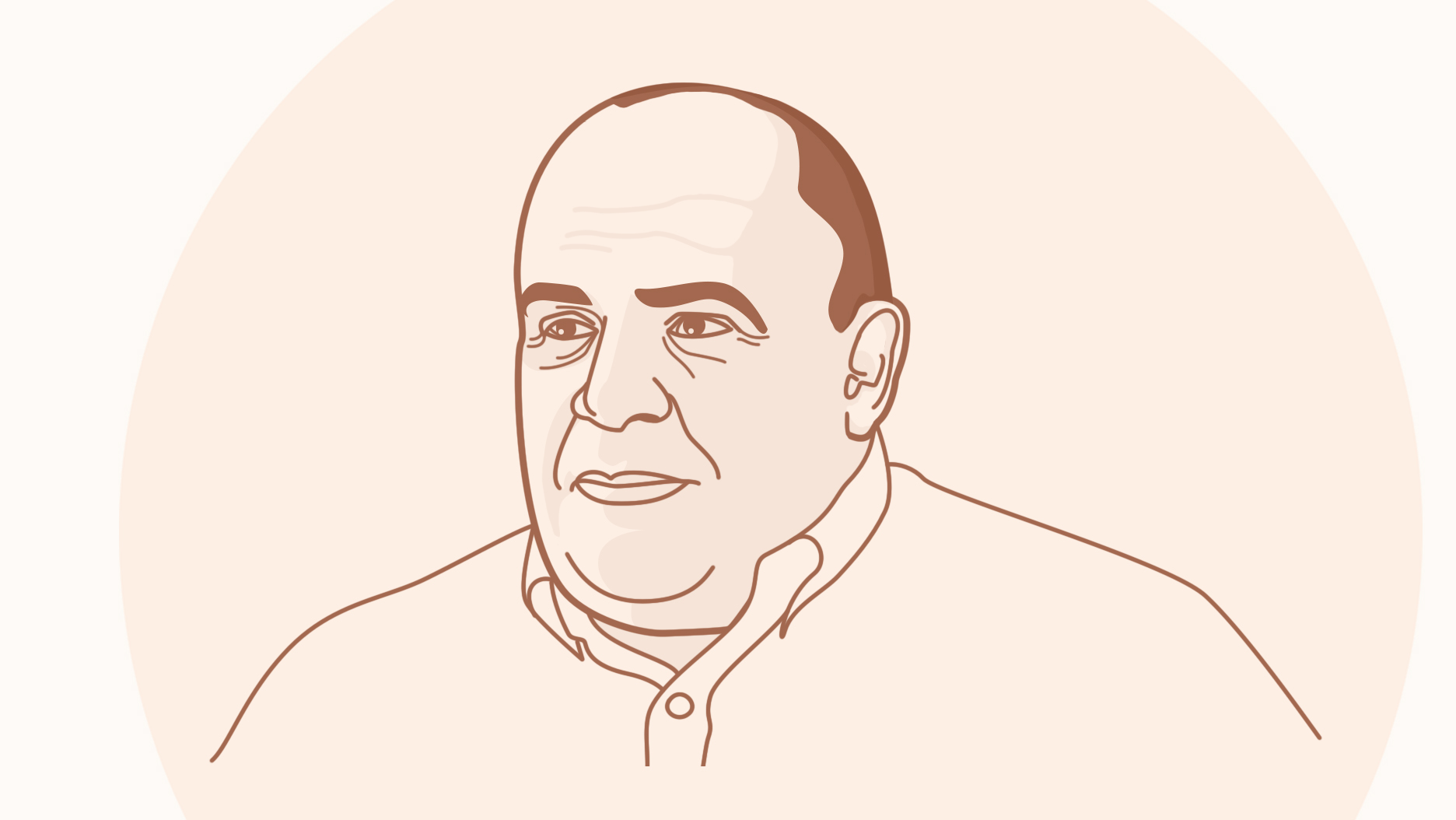With the lack of powerful women leaders in the tech world, Beatriz González is a rare role model as Spain’s first and only female head of a venture capital firm. Her flagship VC, Seaya Ventures, only started in 2013, but in no time González has become a powerful trailblazer in an industry where just 8% of the partners in the top 100 VC firms are women.
Spotting a funding gap for capital-hungry startups in Spain, González left a high-flying job at the Telefonica pension fund Fonditel in 2011 to become a business angel in the fast-moving tech world.
In 2013, armed with over 15 years of investment experience, the MBA postgrad from Columbia Business School and daughter of Francisco González, who is group executive chairman of Spain’s No. 2 bank BBVA, teamed up with German digital marketing guru and serial investor Michael Kleindl to set up Seaya Ventures in Madrid.
Today, Seaya Ventures is ranked by UK-based research agency Preqin as one of the world’s top 10 VC funds, with three full exits and two partial exits achieved in less than five years. Focused on the internet, digital and media sectors, the firm backs startups with investments of €5–10 million each. It is also the springboard for expansion into South America. Sharing a common language and cultural heritage, Spanish banks and conglomerates are often on the lookout for opportunities to break into the bigger Latin American market.
Local VCs’ vital role
Back in 2012, many banks in Spain and other parts of Europe had to be rescued from imminent bankruptcy. Investors had lost confidence and funding was frozen due to government clampdowns on loans and new capital benchmarks set for banks.
At the same time, the Spanish tech ecosystem was gearing up to take off, but the capital market was nearly dried up – with only a handful of local corporate and private equity investors. So, many Spanish startups had to seek much-needed finance from international partners and investors.
Domestically, local entrepreneurs often tried to pitch to the more established VC and institutional fund managers. Similarly, banking giants and global funds preferred to make large investments in new markets through local fund managers who could take care of the day-to-day management of the asset portfolios. Such strategies are often used to minimize risks and optimize costs when entering new markets because the local fund managers are based in the same territory and know the target markets well.
By 2013, Spanish startups were flourishing, as European and international funds started to enter the Spanish market to make their first bets. Spanish VC players like Caixa Capital Risc and Nauta Capital were also active in the local market, but more funding was needed to support the rapidly expanding tech ecosystem boosted by a revived Spanish economy after the real estate and banking crisis.
Fast mover
Spotting this funding gap back in 2011 while leading the pension fund team at Fonditel, González had to act fast. She decided to take the risk of starting her own VC for tech enterprises, even though any failure could jeopardize her blue-chip résumé and excellent fund management track record. Coming from a conventionally elite banking family, she was breaking the mold by pivoting her career into the volatile world of startups.
Thus Seaya Capital, which González named after her favorite summer holiday beach in Galicia, was born. It was later renamed Seaya Ventures when co-founding partner Kleindl, a prominent German digital marketing expert and key European media and adtech player, joined the team.
Kleindl had made his mark as the founder and CEO of Adlink Internet Media AG that went public in 2000. He also made other headline-grabbing exits like Buyvip that was sold to Amazon in 2010 and Adcloud GmbH (acquired by Deutsche Post DHL in 2011), but AdCloud eventually closed down in 2013.
For him, Seaya was a win-win partnership with an influential member of the Spanish banking elite. A Spanish VC would also be the ideal springboard into the lucrative LatAm markets, traditionally dominated by Spanish and Portuguese speakers. He was already active in Spain as a co-founder and investor of adtech Plenummedia before joining Seaya Ventures. Plenummedia is now part of Seaya Ventures, with US$10.5 million funding secured.
Backing winners
Launched with a maiden fund of €40 million and a target of €75 million, Seaya Ventures also supports startups by giving strategic advice and management expertise to scale the early and growth-stage businesses for expansion into LatAm. The 43-year-old González is currently a board director at Cabify, Glovo, Spotahome, Bewe, Coverfy and Hundredrooms.
It was thanks to Kleindl’s previous deal with Sin Delantal Mexico that Seaya Ventures celebrated its first successful exit earlier than expected. In 2013, Seaya Ventures pumped €2.5 million into the Mexican food delivery service. In 2015, Just Eat made an offer for Sin Delantal Mx. The deal was said to be worth US$20 million, making it the most profitable exit in less than two years for any investor in LatAm.
But Seaya Ventures’s most outstanding investment yet has been the car-hire app Cabify, run and owned by Spain’s first unicorn Maxi Mobility that was valued at US$1.4 billion in January 2018. In 2016, Seaya Ventures was estimated to have a 27–28% stake after investing a total of €9 million in Cabify at earlier funding rounds. Cabify joined forces with another Seaya Ventures startup Glovo in 2017 to provide door-to-door shopping delivery services in LatAm.
Banking in family DNA
Married to private equity banker José Múgica, whom she met while working at Morgan Stanley in London, Beatriz González was born with finance in her blood. As the daughter of BBVA group executive chairman Francisco González, she is undoubtedly the most well-known face in Spain’s tech community.
The founding partner of Seaya Ventures is also an active business angel, with personal stakes in healthcare startups like Woom. The mother of three and her husband share a strong work ethic, having worked long hours as investment bankers in London and New York before returning to Spain.
Múgica was Ecoalf CEO and investor from 2012 until 2017, when the eco-producer of recycled products was sold to Luxembourg-based Manor Group. Múgica now manages Bejo Ventures, previously Seaya Capital SL. Francisco González and his wife’s private investment firm Belegar Inversiones had previously backed Ecoalf with a 30% shareholding. In 2015, Belegar Inversiones took a tentative step into the VC tech world with a 3.5% stake in Seaya Ventures, creating a close loop between traditional banking and VC investing.













